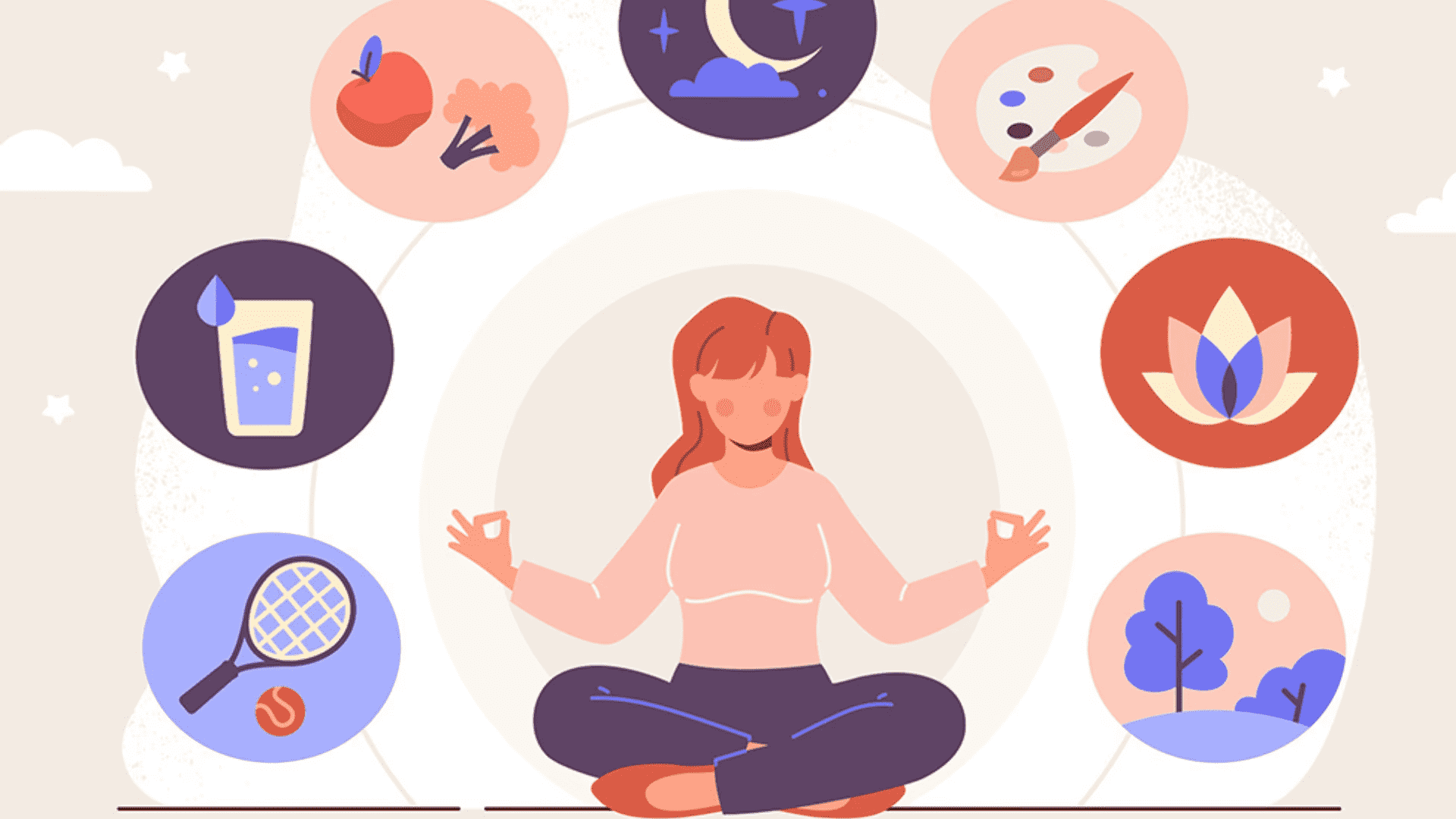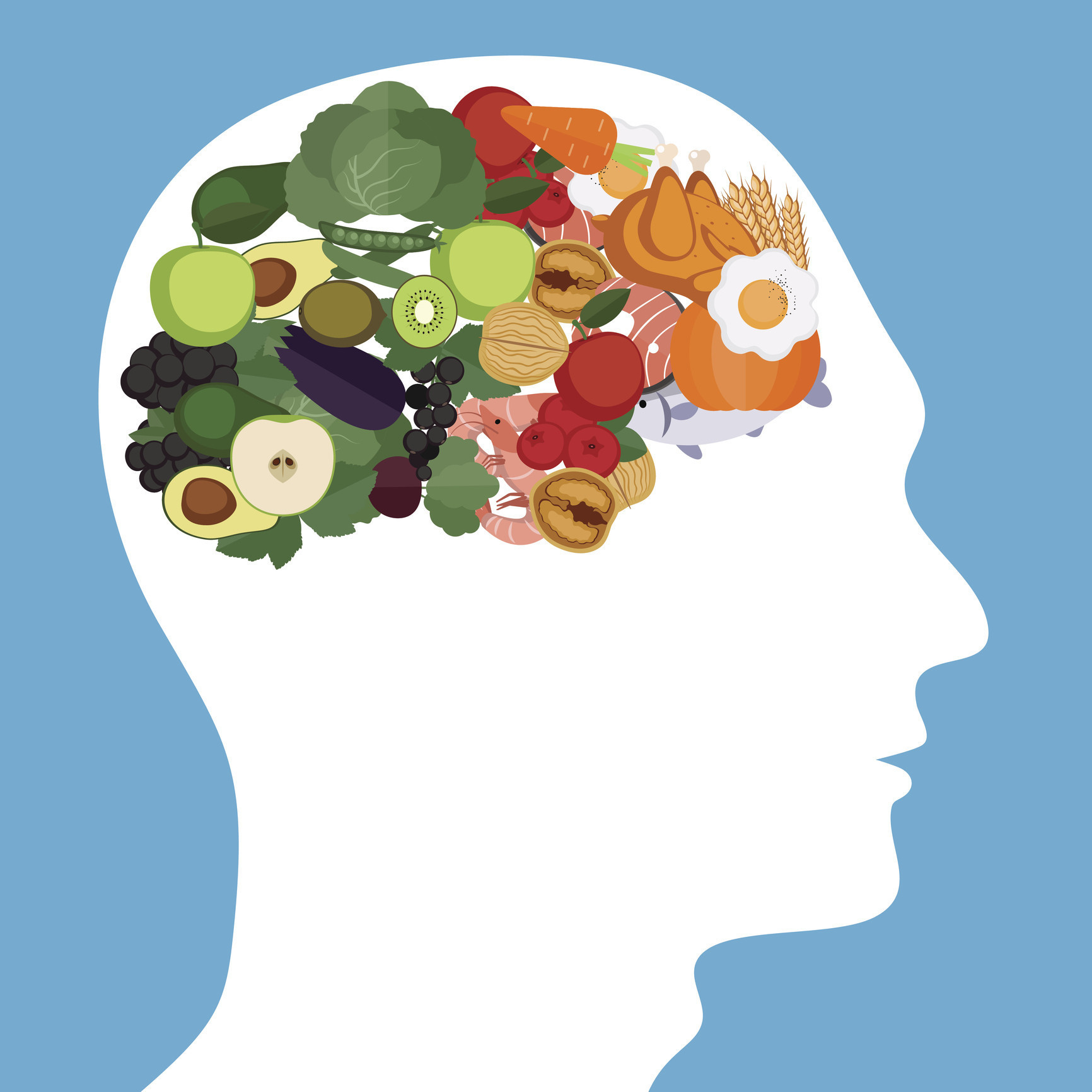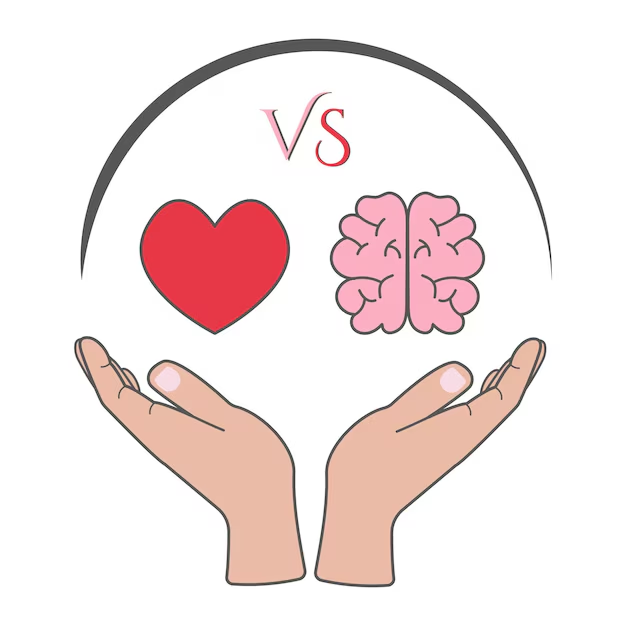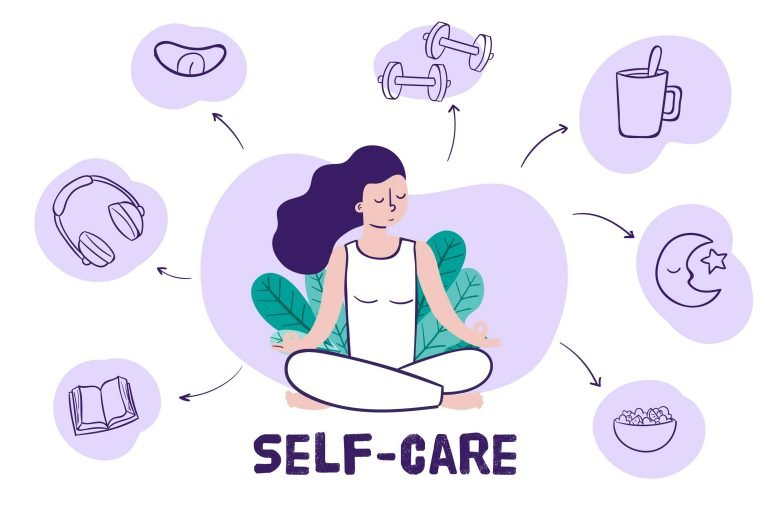Understanding the Need for a Wellness Reset
Before diving into specific habits, it's crucial to understand why a wellness reset is important. The fast-paced nature of modern life often leads to chronic stress, burnout, and a neglect of fundamental needs like sleep, nutrition, and movement. Over time, this can manifest as physical health problems, mental health challenges, and a diminished quality of life. A wellness reset provides an opportunity to consciously address these imbalances and establish a foundation for long-term well-being. Consider the impact of constant digital stimulation, as highlighted by studies on digital wellbeing [**Markdown URL:** https://www.apa.org/topics/social-media-internet/digital-wellbeing ].
Practical Guidance: Simple Habits for a Wellness Reset
1. Prioritize Sleep
Sleep is the cornerstone of well-being. Aim for 7-9 hours of quality sleep each night. Establish a consistent sleep schedule, even on weekends, to regulate your body's natural sleep-wake cycle. Create a relaxing bedtime routine that includes activities like reading, taking a warm bath, or practicing meditation. Avoid screens for at least an hour before bed, as the blue light emitted from electronic devices can interfere with sleep. Consider using blackout curtains or a white noise machine to create a more conducive sleep environment.
2. Nourish Your Body with Whole Foods
Focus on eating a diet rich in fruits, vegetables, whole grains, and lean protein. Minimize processed foods, sugary drinks, and unhealthy fats. Pay attention to portion sizes and practice mindful eating, savoring each bite and paying attention to your body's hunger and fullness cues. Consider incorporating more plant-based meals into your diet. For dietary recommendations, consult resources like the Harvard School of Public Health [**Markdown URL:** https://www.hsph.harvard.edu/nutritionsource/ ]
3. Incorporate Regular Movement
You don't need to run a marathon to experience the benefits of exercise. Aim for at least 30 minutes of moderate-intensity exercise most days of the week. Choose activities you enjoy, such as walking, running, swimming, cycling, dancing, or yoga. Even short bursts of activity throughout the day, such as taking the stairs instead of the elevator or going for a brisk walk during your lunch break, can make a difference. Check out guidelines on physical activity from the CDC [**Markdown URL:** https://www.cdc.gov/physicalactivity/basics/index.htm].
4. Practice Mindfulness and Meditation
Mindfulness and meditation can help you reduce stress, improve focus, and cultivate a greater sense of inner peace. Start with just a few minutes of meditation each day and gradually increase the duration as you become more comfortable. There are many free guided meditation apps and resources available online. You can also practice mindfulness throughout the day by paying attention to your breath, your senses, and your thoughts without judgment.
5. Cultivate Meaningful Connections
Social connection is essential for well-being. Make time for meaningful interactions with family and friends. Join a club or group that aligns with your interests. Volunteer your time to a cause you care about. Nurturing your relationships can provide a sense of belonging, purpose, and support.
6. Limit Screen Time and Digital Detox
Excessive screen time can contribute to stress, sleep problems, and social isolation. Set boundaries around your screen use, such as designating specific times for checking email and social media. Take regular breaks from your devices throughout the day. Consider implementing a digital detox one day a week to disconnect from technology and reconnect with yourself and your surroundings.
7. Hydrate Consistently
Drinking enough water is crucial for overall health and energy levels. Aim to drink at least eight glasses of water per day. Carry a water bottle with you and sip on it throughout the day. You can also increase your fluid intake by eating water-rich fruits and vegetables, such as watermelon, cucumber, and celery. Avoid sugary drinks, as they can dehydrate you and contribute to weight gain.
8. Embrace Nature
Spending time in nature has been shown to reduce stress, improve mood, and boost creativity. Make an effort to get outdoors regularly, whether it's going for a walk in the park, hiking in the woods, or simply sitting in your backyard. Even a few minutes of exposure to nature can have a positive impact on your well-being.
Long-Term Considerations
A wellness reset isn't a one-time event; it's an ongoing process. To maintain the benefits of your new habits, it's important to consider the following:
- Consistency: Strive to incorporate these habits into your daily routine as consistently as possible. Don't get discouraged if you slip up occasionally; just get back on track as soon as you can.
- Adaptability: Be prepared to adjust your habits as your needs and circumstances change. What works for you today may not work for you in the future.
- Self-Compassion: Be kind to yourself. Change takes time and effort. Celebrate your progress and don't beat yourself up over setbacks.
- Regular Evaluation: Periodically assess your progress and identify areas where you may need to make adjustments. Consider keeping a journal to track your habits and your overall well-being.
Tracking Your Progress and Staying Motivated
One of the biggest challenges with implementing new habits is maintaining motivation. Here are some strategies to help you stay on track:
- Set Realistic Goals: Start small and gradually increase the intensity or duration of your habits. Don't try to change everything at once.
- Find an Accountability Partner: Enlist the support of a friend, family member, or colleague who is also interested in improving their well-being.
- Reward Yourself: Celebrate your successes with non-food rewards, such as a massage, a new book, or a weekend getaway.
- Join a Community: Connect with others who are pursuing similar wellness goals. This can provide support, encouragement, and inspiration. Online forums and local groups are good options.
The Role of Technology
While it's important to limit screen time, technology can also be a valuable tool for supporting your wellness goals. There are many apps and devices available that can help you track your sleep, monitor your activity levels, manage your stress, and improve your nutrition. However, it's important to choose technology wisely and use it in a way that enhances, rather than detracts from, your well-being.
Table: Comparing Common Wellness Practices
| Practice | Benefits | Ease of Implementation | Cost |
|---|---|---|---|
| Meditation | Reduces stress, improves focus, enhances emotional regulation | High | Low (free apps and resources available) |
| Regular Exercise | Improves physical health, boosts mood, reduces risk of chronic diseases | Moderate (requires time and effort) | Low to Moderate (depending on the activity and equipment) |
| Healthy Eating | Provides essential nutrients, supports energy levels, promotes weight management | Moderate (requires planning and preparation) | Moderate to High (depending on food choices) |
| Adequate Sleep | Improves cognitive function, strengthens immune system, promotes emotional well-being | Moderate (requires establishing a consistent sleep schedule) | Low |
FAQ (Frequently Asked Questions)
- Q: How long does it take to see results from a wellness reset?
A: Results vary depending on individual factors and the specific habits you're implementing. However, you may start to notice improvements in your mood, energy levels, and sleep quality within a few weeks. Significant changes in physical health may take longer. - Q: What if I don't have time for all of these habits?
A: Start with one or two habits that resonate with you and gradually add more as you become more comfortable. Even small changes can make a big difference. - Q: How do I deal with cravings for unhealthy foods?
A: Plan ahead and have healthy snacks readily available. Identify your triggers for cravings and develop strategies for managing them. Practice mindful eating and savor the flavors of your food. - Q: Is it okay to have cheat days?
A: Occasional indulgences are fine, as long as they don't derail your overall progress. Focus on maintaining a healthy balance and making conscious choices most of the time.
Disclaimer: This information is for informational purposes only and should not be considered medical advice. Consult with a healthcare professional before making any significant changes to your diet or exercise routine.
Sources:
- American Psychological Association. (n.d.). Digital well-being. Retrieved from https://www.apa.org/topics/social-media-internet/digital-wellbeing
- Harvard T.H. Chan School of Public Health. (n.d.). The Nutrition Source. Retrieved from https://www.hsph.harvard.edu/nutritionsource/
- Centers for Disease Control and Prevention. (n.d.). Physical Activity Basics. Retrieved from https://www.cdc.gov/physicalactivity/basics/index.htm





